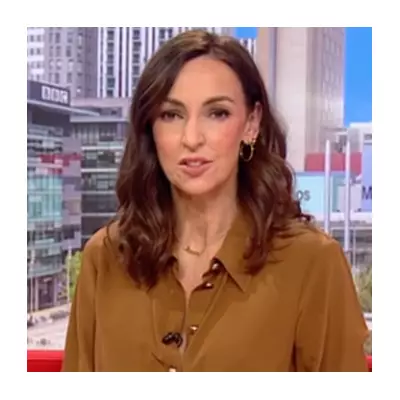
In a stunning economic development that could signal relief for millions of British households, inflation has dramatically fallen to the Bank of England's 2% target for the first time since July 2021. The latest official figures reveal a remarkable slowdown in price growth, potentially paving the way for long-awaited interest rate cuts.
The Numbers Behind the Headlines
The Consumer Prices Index (CPI) dropped to 2% in the year to May, down significantly from April's 2.3% reading. This represents the first time inflation has reached the Bank's target in nearly three years, marking a major milestone in the battle against soaring living costs.
While food prices continue to rise, the rate of increase has slowed considerably. Meanwhile, motor fuel costs actually fell during the period, providing some respite for drivers facing high pump prices.
What This Means for Interest Rates
All eyes now turn to the Bank of England's Monetary Policy Committee, which meets tomorrow to decide whether to maintain or cut the current 5.25% base rate. While many economists predict rates will remain unchanged this month, the inflation data strengthens the case for reductions later this summer.
The big question remains: Will the Bank act cautiously, waiting for more evidence that inflation is truly under control, or will they move quickly to stimulate the economy?
Mixed Signals in the Details
Despite the positive headline figure, underlying pressures persist. Services inflation, a key indicator watched by the Bank of England, remains elevated at 5.7%. This measure reflects domestic price pressures and wage growth, suggesting the battle against inflation isn't completely over.
Core inflation, which excludes volatile food and energy prices, also remains above target at 3.5%, indicating that some price pressures continue to bubble beneath the surface.
Political and Economic Implications
The timing couldn't be more significant, coming just weeks before the general election. Prime Minister Rishi Sunak was quick to welcome the news, declaring that today's figures show the economy has "turned the corner" after the inflationary spike following Russia's invasion of Ukraine.
However, Labour's shadow chancellor Rachel Reeves countered that many families continue to feel worse off, highlighting that prices remain substantially higher than before the cost of living crisis began.
Looking Ahead: What Comes Next?
While the 2% milestone represents significant progress, economists warn the journey isn't over. The Bank of England must now navigate the delicate balance between supporting economic growth and ensuring inflation doesn't rebound.
For British households, the potential for lower borrowing costs could mean relief from high mortgage payments and loan costs in the coming months. However, with prices still well above 2021 levels, the financial squeeze continues for many.





